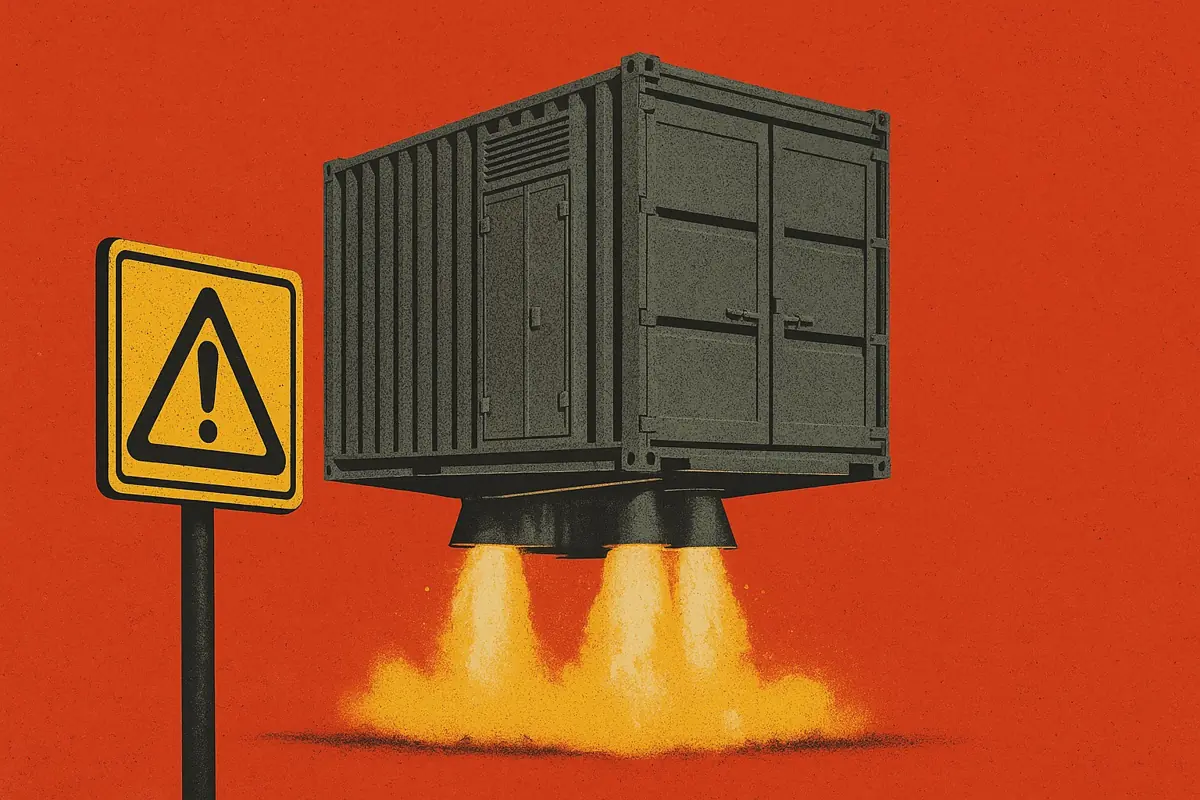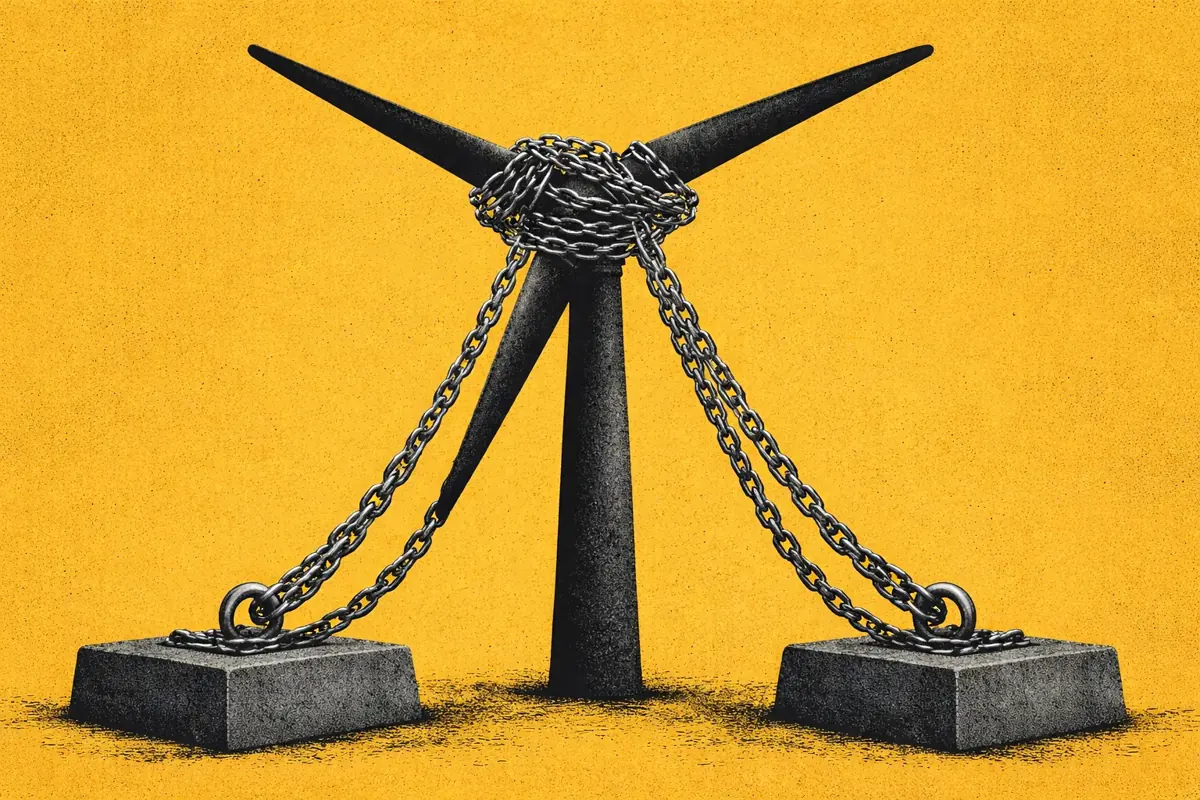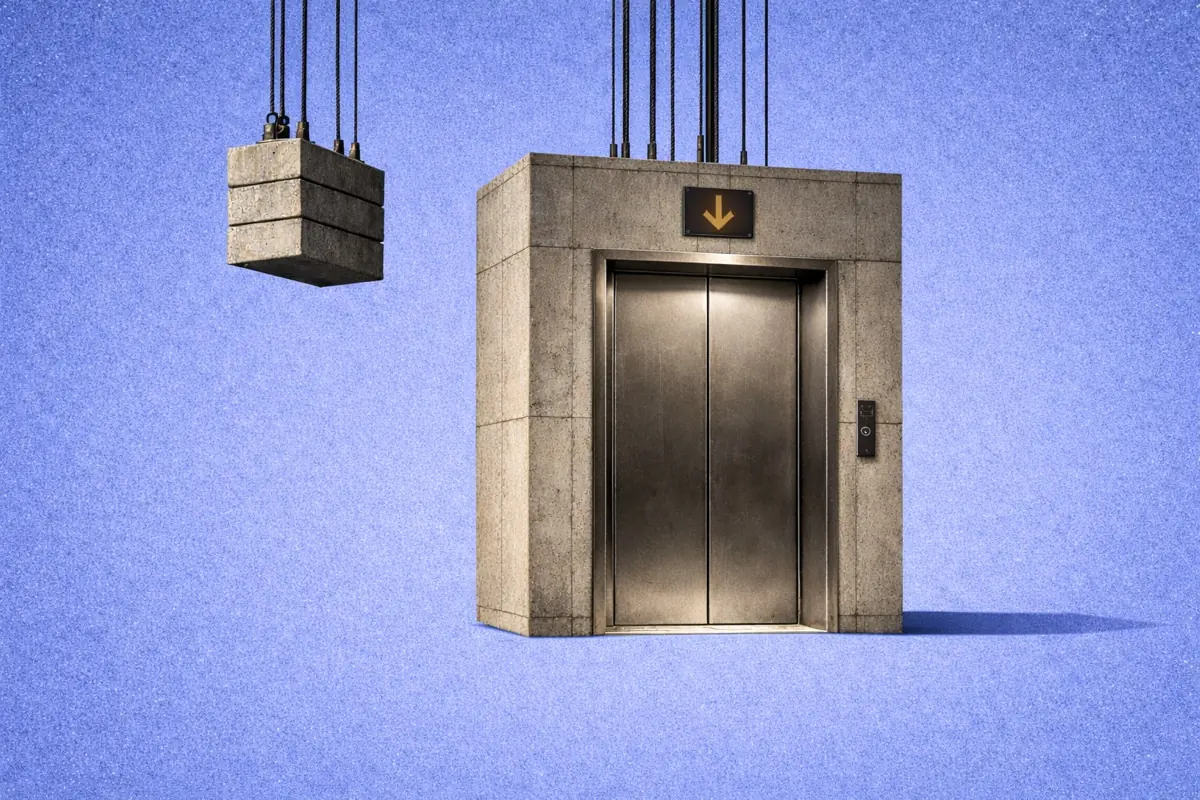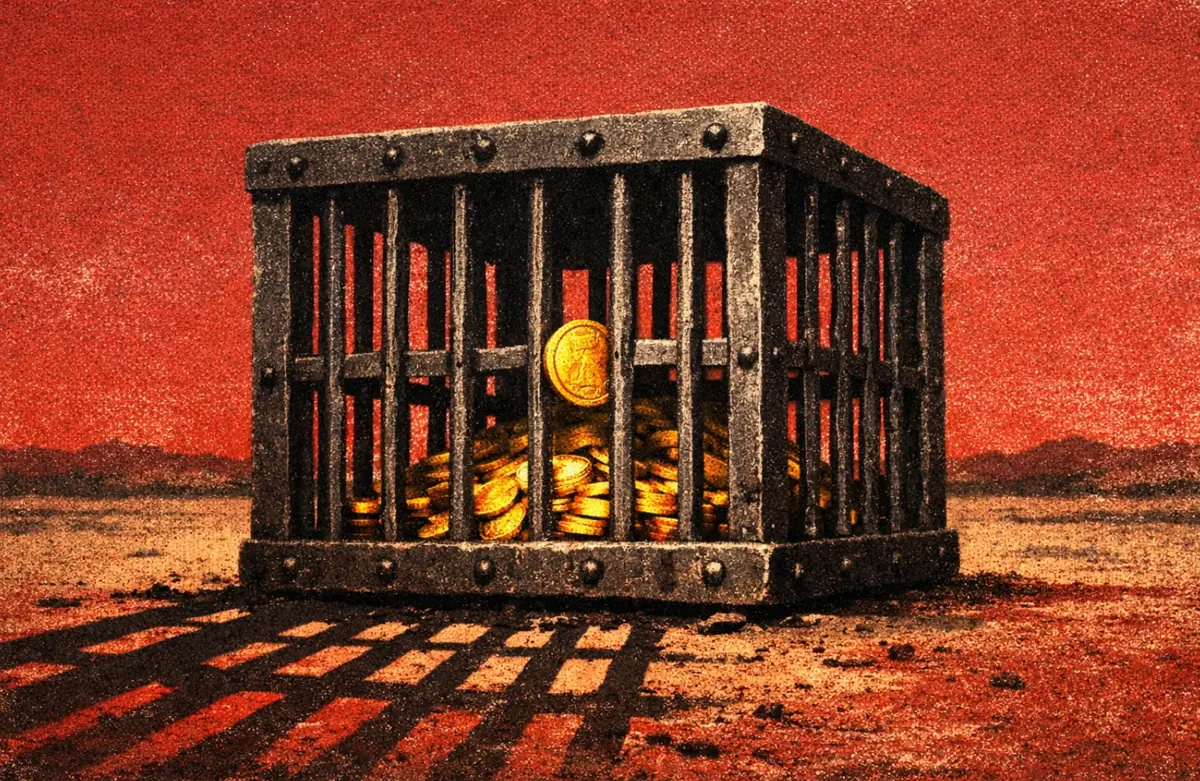Quick Take: Balancing Mechanism battery skip rate is 91%
Quick Take: Balancing Mechanism battery skip rate is 91%
National Grid ESO is required to keep the lights on - at the least cost to consumers. In the Balancing Mechanism, this means that the cheapest available action should always be taken first. When a more expensive action is taken, it means a Bid or Offer has been “skipped”.
Sign up for free to continue reading
Join the Modo Terminal today by signing up for a free account and unlock access to exclusive content that will enhance your market understanding!Sign up for free







